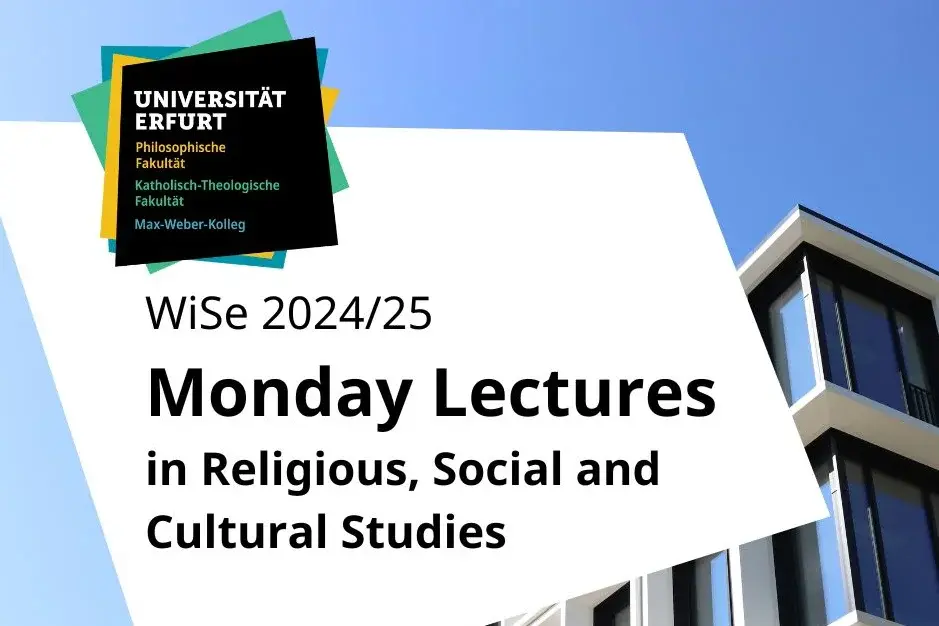About the event
The lecture series aims to work on the discourses and practices of late polytheism to understand whether and how these cults evolved between the second half of the fourth century and the end of the fifth century. Historiography often considers the post-Constantinian period as a time of crisis and decadence in traditional religions. Polytheistic cults, however, did not disappear at once, and their practice adapted to the legal and institutional changes of the empire. The four lectures will examine how late polytheistic cults evolved in their spatial, ritual, and social dimensions. Following a chronological itinerary, we will first ask whether polytheism in the second half of the fourth century was influenced by the spread of Christianity and the ensuing reversal of power in favor of Christians over pagans. Second, we will attempt to clarify how traditional rites, especially sacrifices, were reorganized at the end of the 4th century and whether it is appropriate, as several recent studies claim, to speak of privatization or crypto-paganism. Finally, we will examine the social status of polytheistic actors to test the oft-held idea that, particularly in the 5th century, traditional religion gradually moved from urban to rural spaces.
18.11.2024 | Part I: The "last pagans" and the "end of paganism": ancient and modern discourses
The first lecture will explore the notions we use today to talk about the late antique Greek and Roman polytheism. Analysis of modern and ancient terms is an important part of our understanding of the historical developments of the late antique Roman Empire. We will show how the representations of the “end of paganism” provided by Christian authors of the fourth-fifth century have largely influenced the modern and contemporary historiographical debate on late polytheism.
The image of the collapse of the ancient religion that is often implied in the category of “last pagans” derives in particular from the triumphalist vision of ecclesiastical historians (e.g., Rufinus of Aquileia, Church History): according to these authors, the time between Constantine, the first Christian emperor, and Theodosius, the emperor of the Nicene faith, represented the last phase of traditional polytheistic religion. Similarly, the “triumph of Christianity” in the empire's cities would have marginalized polytheistic practices, which would have retreated to the countryside after the laws of 391-392 to resist the winning religion (as the verses of Endelechius’ poem De mortibus boum clearly show).
- 25.11.2024 | Part II: Multiple initiations for the late antique elite: polytheistic dynamism or pagan crisis?
- 02.12.2024 | Part III: New sacrifices? Performing orthopraxy in the fourth and fifth centuries
- 09 Dec 2024 | Part IV: Who really are the hellenes and the pagani in the fifth-century Roman Empire?
This event from the Monday Lecture series is organised by the Max-Weber-Kolleg for Cultural and Social Studies.
All interested parties are cordially invited. Registration is not required.


